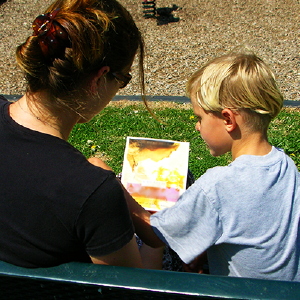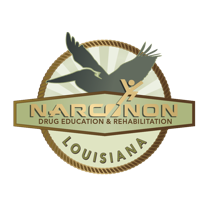What You Should Tell Your Kids about Drugs

It is a sad reality the vast majority of people who become addicted to tobacco, alcohol and drugs take their first puff, chew, sip, snort or injection when they are young—often, very young. In recent decades substance abuse has become more widespread among pre-teen children.
Not being educated early and making poor choices, addiction spreads without regard to economic, racial, geographic, educational, religious or family boundaries. While containing it in our nation and our communities is an important priority, we can’t rely solely on government, law enforcement, schools, or even church programs to prevent it from moving across our own doorstep.
No child is immune from drug or alcohol presence. You must work diligently over the years to “drug-proof” your children. This project involves various tasks that cannot be tackled haphazardly.
First — Understanding
First, you must understand what draws kids toward drugs. This may include peer pressure or feelings of inadequacy or depression. Remember how you were as a pre-teen and the uncertainties that go with that age. Try to find a pre-teen who is not introverted. Knowing your own children as they grow will give you a good idea of what they will run into. Your one child who is the track star is not likely going to get introverted and worry about his social skills. In his case, he may try drugs because others are or because he always has to do better and better at the sport and needs more energy or because he has an injury and needs something to take away the pain.
Your other child who is an introvert may worry about what people think of him or her or if anyone really likes them and may get caught up in taking drugs to make them more outgoing. Each one’s life and what they face could provide clues as to what they may run into in life.
Talk with them about what friends they may need to disconnect from or ones to avoid so they are not subjected to stress and invalidation. These types of conversations may be difficult between a child and parent but must be communicated.
Smoking and drinking are widely promoted as habits enjoyed by sophisticated, fun-loving, attractive and sexy people—what most adolescents long to become. Unless your family lives in total isolation, well before adolescence your child will be aware of smoking and alcohol and drug use from discussions at school, watching TV and movies, or direct observation. Some curiosity is inevitable: What do these things feel like? Be prepared to discuss this with them and you need to have the information at hand, not just based on your own thoughts.
For many people—indeed, for most people in the world—life is just plain tough, and normal, waking consciousness brings a constant stream of unpleasant sights, smells, sounds and sensations. The prospect of a chemical “timeout” may look very attractive to a pre-teen who is having a rough time in life.
Furthermore, even when a person has plenty of creature comforts, the prevailing emotional weather can still be turbulent: kids and teens often feel anxious, angry, depressed, oppressed, stressed, bored, and unfulfilled.
Peers also play a huge role at each stage of a child’s or adolescent’s drug experience. The need for peer acceptance is especially strong during the early adolescent years and can override (or at least seriously challenge) a young person's values and commitments. “Just say no” may not mean a whole lot when smoking, drinking or taking drugs determines who is included among the highly-esteemed ranks of the inner circle at school.
When you as a parent use upset and emotions in your conversations and decisions, things usually won’t turn out acceptable, or favorable. I find it is best to use what I call “control in conversation.” You must talk and listen, not yell, hear and be able to be heard, be as unemotional (as you can). I find this is the key in all conversations in life. It’s almost impossible to get through to anyone, especially your child with loud voice tone and dramatic body language.
Basic Information
Next, you need basic information about the substances currently prevalent in your neighborhood or even the state. Find out about synthetic drugs and go to the local gas stations and mom and pop drug stores to see if they are being sold. Alert law enforcement in your area if they are. Be alert as well as vigilant.
Research the Signs and Symptoms
Then, become familiar with the signs that a drug problem might be developing in your home. Research the signs and symptoms of alcohol and drug use. And don’t ignore signs when you see them. Brushing them under the rug only prolongs your child’s use during which time their use will be getting worse. When you find a bag of pot and they tell you it’s not theirs, they are holding it for a friend but they didn’t smoke it, get a THC drug screen and use it. You being naïve is one of the things they will count on.
Finally and Most Importantly
Finally, and most importantly, “don’t enable” your loved one. You must be prepared to take aggressive measures and to respond appropriately if one or more of these drugs comes in to your family. As a parent, it is your job to get them treatment that will help them. When tackling addiction, I find it is vital to seek help in the form of long-term treatment as it leads to better success for a drug-free life.


